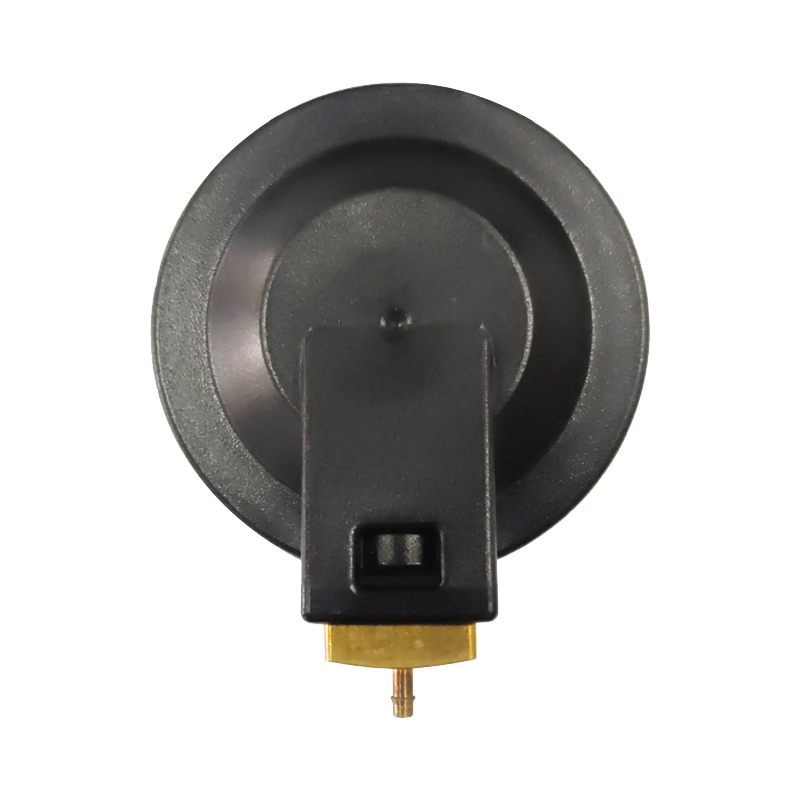
Agu . 15, 2024 17:37 Back to list
Durable Stainless Steel Differential Pressure Gauge for Accurate Measurement in Industrial Applications
Understanding Stainless Steel Differential Pressure Gauges
In various industrial applications, accurate measurement of pressure differences is crucial for ensuring operational efficiency and safety. Among the tools used for this purpose, stainless steel differential pressure gauges stand out due to their durability, reliability, and precision. This article will explore the features, applications, and benefits of stainless steel differential pressure gauges.
What is a Differential Pressure Gauge?
A differential pressure gauge is an instrument that measures the difference in pressure between two points within a system. This measurement is vital for a variety of processes, including filtration, fluid flow monitoring, and leak detection. By providing insight into the pressure variance, these gauges help operators maintain optimal performance and preemptively address potential issues before they escalate into major problems.
Why Choose Stainless Steel?
The choice of material for a differential pressure gauge is significant, especially in harsh environments. Stainless steel is commonly favored for its exceptional corrosion resistance, mechanical strength, and ability to withstand high pressures and temperatures. This makes stainless steel gauges ideal for use in industries such as chemical processing, oil and gas, pharmaceuticals, and food production, where exposure to aggressive substances and extreme conditions is common.
Key Features of Stainless Steel Differential Pressure Gauges
1. Robust Construction Stainless steel gauges are built to endure tough operating conditions. The robustness of the material ensures longevity and reduces the need for frequent replacements.
stainless steel differential pressure gauge

2. Accuracy and Precision These gauges are designed to offer high accuracy levels, which is essential for critical applications. The measurement process is unaffected by temperature changes, ensuring consistent performance.
3. Wide Range of Variants Stainless steel differential pressure gauges come in various designs to cater to specific industrial needs. They can be equipped with different types of sensing elements, including diaphragm, piezoresistive, or capacitive sensors, depending on the level of precision required.
4. Versatility They can measure pressure differences across a variety of media, including gases, liquids, and slurries. This versatility makes them suitable for a diverse range of applications.
5. Easy Maintenance Many stainless steel gauges are designed to be user-friendly, allowing for easy installation and maintenance. The materials used can often withstand cleaning processes, which is particularly important in sanitary applications like food and pharmaceuticals.
Applications of Stainless Steel Differential Pressure Gauges
The applications of stainless steel differential pressure gauges are broad and varied. In the water treatment industry, they monitor pressure drops across filters to ensure efficient operation and maintenance. In HVAC systems, these gauges help in monitoring air pressure differences to regulate air flow and maintain indoor air quality. Furthermore, in the pharmaceutical industry, they are essential in ensuring that proper sterilization processes are maintained by monitoring pressure in autoclaves.
Conclusion
Stainless steel differential pressure gauges are indispensable tools in many industrial applications. Their robustness, accuracy, and versatility make them well-suited for environments where traditional materials might fail. As industries continue to prioritize both efficiency and safety, the role of these advanced measurement instruments will only grow in importance. By understanding the functionalities and advantages these gauges offer, businesses can make informed decisions that enhance their operational integrity and ensure compliance with industry standards. Ultimately, investing in quality measurement tools like stainless steel differential pressure gauges is a step toward greater industrial innovation and operational excellence.
-
High-Precision 5 Valve Manifold Differential Pressure Gauge Suppliers
NewsApr.29,2025
-
High-Precision Diaphragm Vacuum Pressure Gauges Manufacturers & Quotes
NewsApr.29,2025
-
Omega Differential Pressure Gauges High Accuracy & Durability
NewsApr.28,2025
-
Low Pressure Differential Pressure Gauges Precision Solutions & Quotes
NewsApr.28,2025
-
Digital Diaphragm Pressure Gaauge Precision Measurement & OEM Quotes
NewsApr.28,2025
-
Differential Pressure Gauge China Price High-Accuracy & Best Quotes
NewsApr.28,2025
